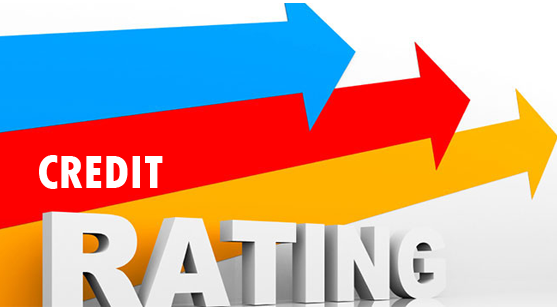Most common people in India have the following misconceptions ingrained in their mind when it comes to the determination of their CIBIL credit score:
- If I have a very good income, there is no way my credit score can be less.
- I have never borrowed in my entire life therefore I would be one of the safest risks for a bank.
- CIBIL is the organization that decides who gets what credit score but banks do not.
- CIBIL credit score is important but there are ways of getting a loan or credit card without it too.
- I checked my credit score 5 years back and it was 800. Since then, I have not made any major financial changes so my score will remain the same or would have improved.
If you are one of them who agree to one or more of the above statements, then you would be surprised to know that ALL of them are incorrect, at least partially!
A person’s credit score depends on a number of factors, two of which are your income and the repayment pattern to maintain for all your loan and credit card accounts. There are however several other factors that make a difference to your score. But at the end of the day, it is your banker who will make or break your financial security because your bank reports information to CIBIL based on which you are allocated a credit score.
A banker’s duty
Recently, the Reserve Bank of India issued a circular to all banks across the country to update their customers’ information on a regular, complete and correct basis to Credit Information Companies (CICs). The reason behind this is that there have many disputes and complaints lodged by consumers with CIBIL and the consumer forum because they have found many errors in their credit report. Most of these errors were because banks failed to update their records correctly with the CIC.
India is a country with a vast population. And the number of people taking loans and credit cards is also increasing, thanks to the improvement in the spending capacity of the people. Therefore, there is a humungous amount of data that CICs need to collate, review, record and then provide scores based on them. But if the banks report information incorrectly, they would not be aware of the discrepancies and end up giving incorrect scores to people.
A bank must report several things to CIBIL, some of which are:
- Details of the applicant who has applied to them for a loan or credit card and the amount required
- Details of account opening and closing dates
- If payments were made on time or were there any delays. If there were delays, how late were the payments?
- What is the credit made available to the borrowers?
- If a borrower has not paid the full sum required but has made a settlement, details of the settlement are recorded with CIBIL.
As there are so many details they have to provide, the scope for making errors also increases a lot making it difficult for people who suffer from the misfortune of having been reported incorrectly to CIBIL. Credit repair agencies play a very vital role in getting these errors corrected thereby improving the scores substantially.






